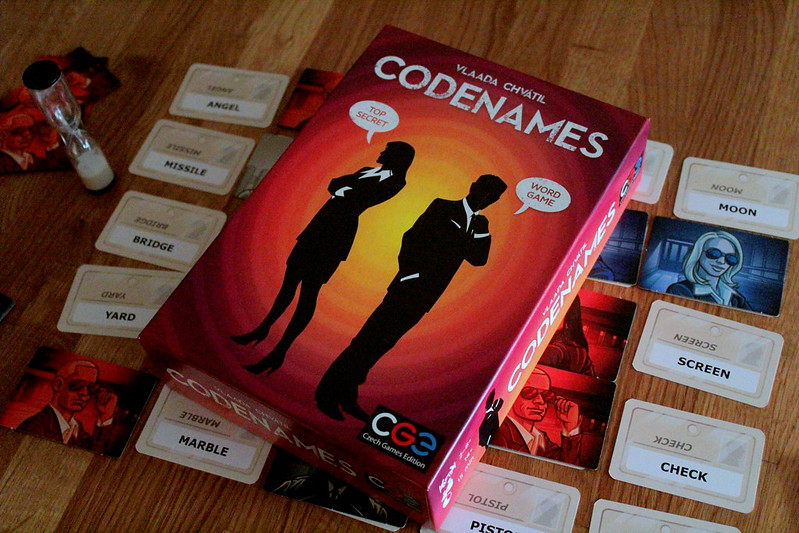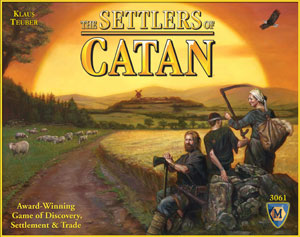By Tahrima Bhuiyan
I am the child of two Bangladeshi Americans. Every summer until I was ten years old, my family would visit our relatives back in Bangladesh– and then again, when I was fourteen, and then again this past summer, at eighteen.
I grew up travelling. I had visited a number of countries by the age of ten. To me, differences were normal– different colors, different cultures, different foods, different clothing, different religions. This was further reinforced by the fact that I was brought up in a very diverse community in Dallas, Texas.
I have been raised amidst every possible race, culture, sexuality and religion. To the left of our home, there lived a Chinese family, to our right an African-American couple, and straight across, an old Colombian couple. In high school, my best friends represented every possible ethnicity. On Tuesday, my Vietnamese friends and I went to eat pho; on Friday, my African American friend’s mom gave me a dashiki, and on Saturday, I learned to do the salsa (even though I’m not good at it).
Diversity was a significant part of my experience; I was naive growing up, for I thought it was as normal to embrace differences for everyone else as it was for me. However, as incomprehensible as it was to me, discrimination soon became impossible to ignore. The older I got, the more I noticed misogyny, Islamophobia, racism, sexism, homophobia and intolerance. It was sad to see my friends and peers experiencing hatred and prejudice due to their skin color. It was difficult to experience it myself. It was heartbreaking to interact with refugees from places such as Yemen, Syria and Myanmar and hear their stories of hardship and injustice and watch the world fail to care. I witnessed a lack of accessible healthcare, education and, many times, of basic human rights in developing nations abroad. These experiences led me to want work with NGOs; I have been working with UNICEF for three years and I hope to continue to work with NGOs to address human rights violations.





